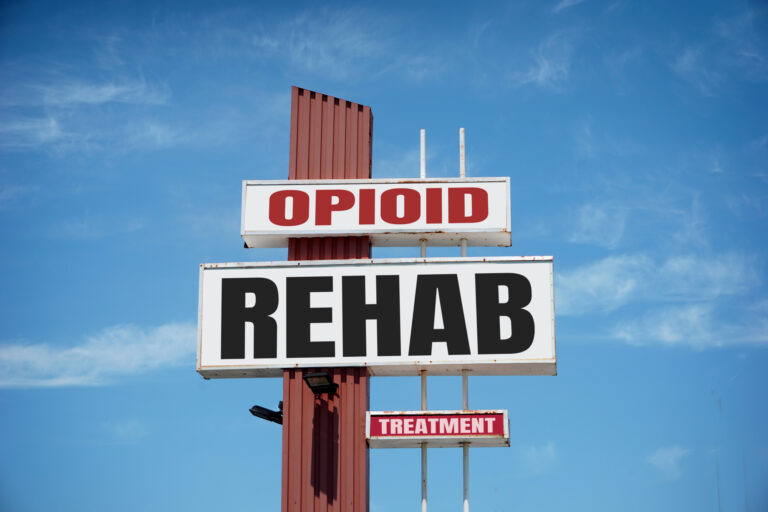Understanding Wet Brain: A Comprehensive Guide
Introduction to Wet Brain Syndrome
Wet brain, medically known as Wernicke-Korsakoff syndrome, is a serious and often misunderstood condition linked to severe thiamine (vitamin B1) deficiency. This deficiency can lead to significant brain damage, affecting memory, coordination, and overall cognitive function. Predominantly associated with chronic alcoholism, wet brain is not solely confined to those with alcohol use disorder, making it a critical topic for wider public awareness.
The Pathophysiology of Wet Brain
At the core of wet brain syndrome lies a disruption in the brain’s thiamine metabolism. Thiamine is pivotal for brain function, aiding in the metabolism of glucose and contributing to the production of neurotransmitters. Without adequate thiamine, the brain cannot generate energy efficiently, leading to cellular damage and, subsequently, the symptoms associated with wet brain.
Symptoms and Diagnosis
The onset of wet brain is marked by a range of symptoms, initially presenting as Wernicke’s encephalopathy—characterized by mental confusion, eye movement disturbances, and unsteady gait. Without prompt treatment, it can progress to Korsakoff’s psychosis, notable for severe memory issues, confabulation, and apathy. Diagnosis hinges on clinical assessment, supported by medical history and, when available, brain imaging studies.
Treatment and Management
The cornerstone of wet brain treatment is the immediate administration of thiamine, often intravenously, to mitigate symptoms and prevent further damage. Long-term management involves sustained thiamine supplementation, abstaining from alcohol, and comprehensive rehabilitation to support cognitive and physical recovery.
Prevention: The First Line of Defense
Prevention of wet brain is intrinsically linked to understanding and addressing the root causes of thiamine deficiency. This includes promoting awareness around the risks of heavy alcohol use, ensuring a balanced diet, and recognizing early signs of thiamine deficiency, particularly in at-risk populations.
The Role of Healthcare Providers
Healthcare providers play a pivotal role in both the prevention and management of it. Early intervention and education about the risks associated with thiamine deficiency and alcohol abuse can significantly reduce the prevalence of this condition. Moreover, healthcare professionals are essential in providing the necessary care and support for those affected by wet brain, facilitating a path towards recovery.
Living with Wet Brain: A Journey Towards Recovery
Recovery from it is a multifaceted process, involving not just medical treatment, but also psychological support and lifestyle adjustments. Individuals recovering from this condition often require a network of support, including family, friends, and healthcare professionals, to navigate the challenges associated with their cognitive and physical limitations.
Community and Support Systems
Support groups, both in-person and online, can provide invaluable resources, sharing experiences, and coping strategies, fostering a sense of belonging and understanding.
Final Thoughts
This disease is a preventable and treatable condition, yet it remains a significant public health concern. It underscores the necessity for increased awareness, early diagnosis, and effective treatment. We can mitigate the impact of wet brain syndrome and support those affected on their journey towards recovery.
Altitude Recovery is a compassionate and comprehensive addiction treatment center, offering programs for recovery. Their experienced team fosters a supportive environment for a brighter, drug-free future. If you or someone you know struggles with addiction, contact Altitude Recovery for a confidential consultation. Their tailored approach ensures a successful path to healing. Contact Altitude Recovery, and they are here to guide you.
Frequently Asked Questions
What is Wet Brain Syndrome?
Wet brain, or Wernicke-Korsakoff syndrome, is a serious condition often linked to chronic alcoholism and severe thiamine deficiency.
What Are the Symptoms of Wernicke-Korsakoff Syndrome?
Symptoms include confusion, memory loss, vision changes, and coordination problems.
How is Wet Brain Treated?
Treatment primarily involves thiamine replacement, cessation of alcohol use, and supportive medical care.
What Causes Thiamine Deficiency in Alcoholism?
Chronic alcohol consumption can lead to poor nutrition and absorption, resulting in thiamine deficiency.
How is Wet Brain Diagnosed?
Diagnosis is based on clinical symptoms, history of alcohol use, and sometimes brain imaging tests.
Can Wet Brain Be Prevented in Alcoholics?
Prevention strategies include thiamine supplementation, reducing alcohol intake, and maintaining a balanced diet.
What role do Los Angeles drug rehab centers play in treating conditions like Wet Brain Syndrome?
Los Angeles drug rehab centers play a crucial role in treating Wet Brain Syndrome by providing comprehensive care that includes medical detox, thiamine replacement therapy, nutritional support, and counseling. These centers focus on both the physical and psychological aspects of recovery from alcoholism, which is essential in treating and preventing conditions like Wet Brain Syndrome.
How do rehab programs in Los Angeles address the nutritional needs of recovering alcoholics to prevent Wet Brain?
Rehab programs in Los Angeles emphasize the importance of nutrition in recovery from alcoholism, which is key in preventing conditions like Wet Brain Syndrome. These programs often include dietary assessments, personalized meal plans, and education on the importance of a balanced diet and vitamin supplementation, especially thiamine, to address deficiencies common in chronic alcoholic




